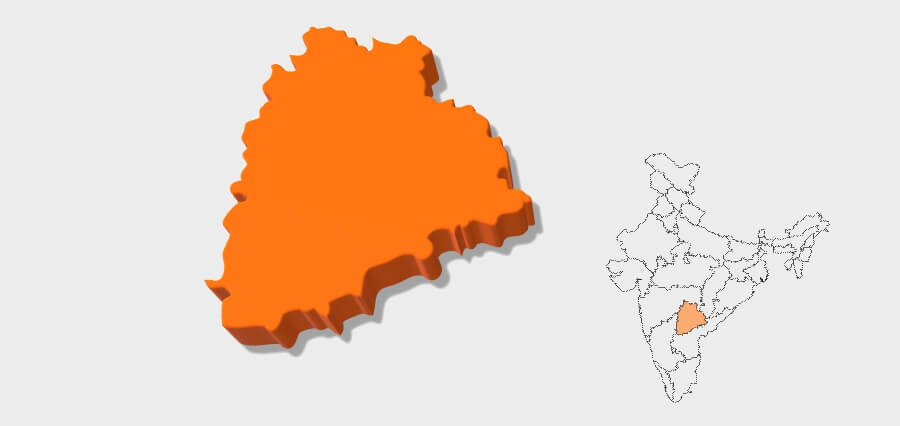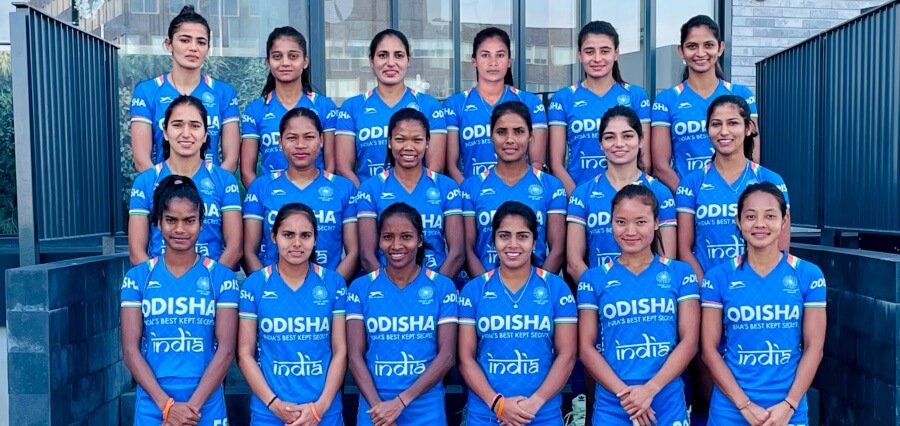A recent study conducted by the credit rating agency Crisil and DBS Bank India, the financing preferences and challenge of self-employed women entrepreneurs have been understood.
On the basis of 400 respondents, the study is providing details about sources of funding, desired support at the financial institution’s levels, as well as the utilization of government schemes.
These findings further show that personal savings and borrowing from family and friends are the most frequently depended sources of business finance by 65 percent of women entrepreneurs. Bank loans follow this with a preference by 21 percent of respondents.
Other sources, like government schemes, NBFCs and venture capital, have gained 3-4 percent preference among the entrepreneurs whose data have been sourced for this analysis.
The survey also identified areas where women self-employed by their own efforts need banks to be more supportive than the loans that they traditionally offer. There were mentorship programs as 26% of them admitted a need for those. Getting guidance on government schemes was another area, where 18% said they needed assistance in this regard. Apart from this 15% requested help in digitalizing financial procedures.
Government schemes, while primarily helpful, appear to be adopted very little. The survey reported that 34 per cent of the respondents had not utilized any government schemes for their businesses, and 24 percent stated that it was because they were unaware of it.
Of the respondents who did make use of government support, 83 percent relied significantly on the following three schemes: Mahila Udyam Nidhi Yojana, Stree Shakti, and Pradhan Mantri Mudra Yojana.
Among the reasons for choosing the bank, respondents cited competitive interest rates and flexible repayment terms, with 39 percent of the general share. The process of applying itself has major challenges.
The majority of the respondents, being self-employed women (64 percent), complained about large documentation, and high credit scores were a prerequisite in many banks, applications procedures were cumbersome and, in many places, there was delay in approval and disbursement of loans.
The survey is helpful in giving an understanding of the financial scenario for women entrepreneurs in India, pointing out areas both where improvement is possible and targeted help may significantly augment further growth and success in their businesses.





